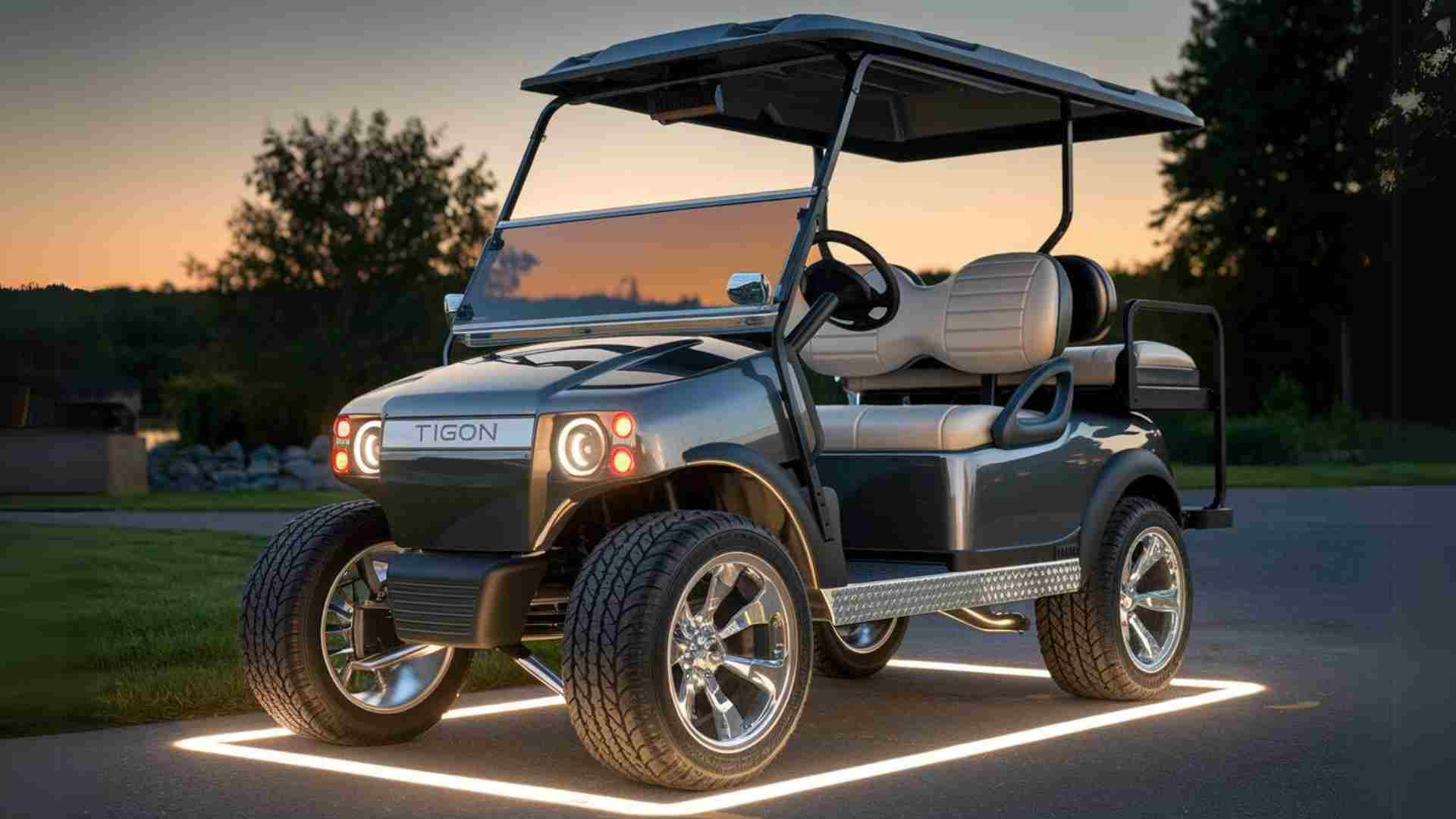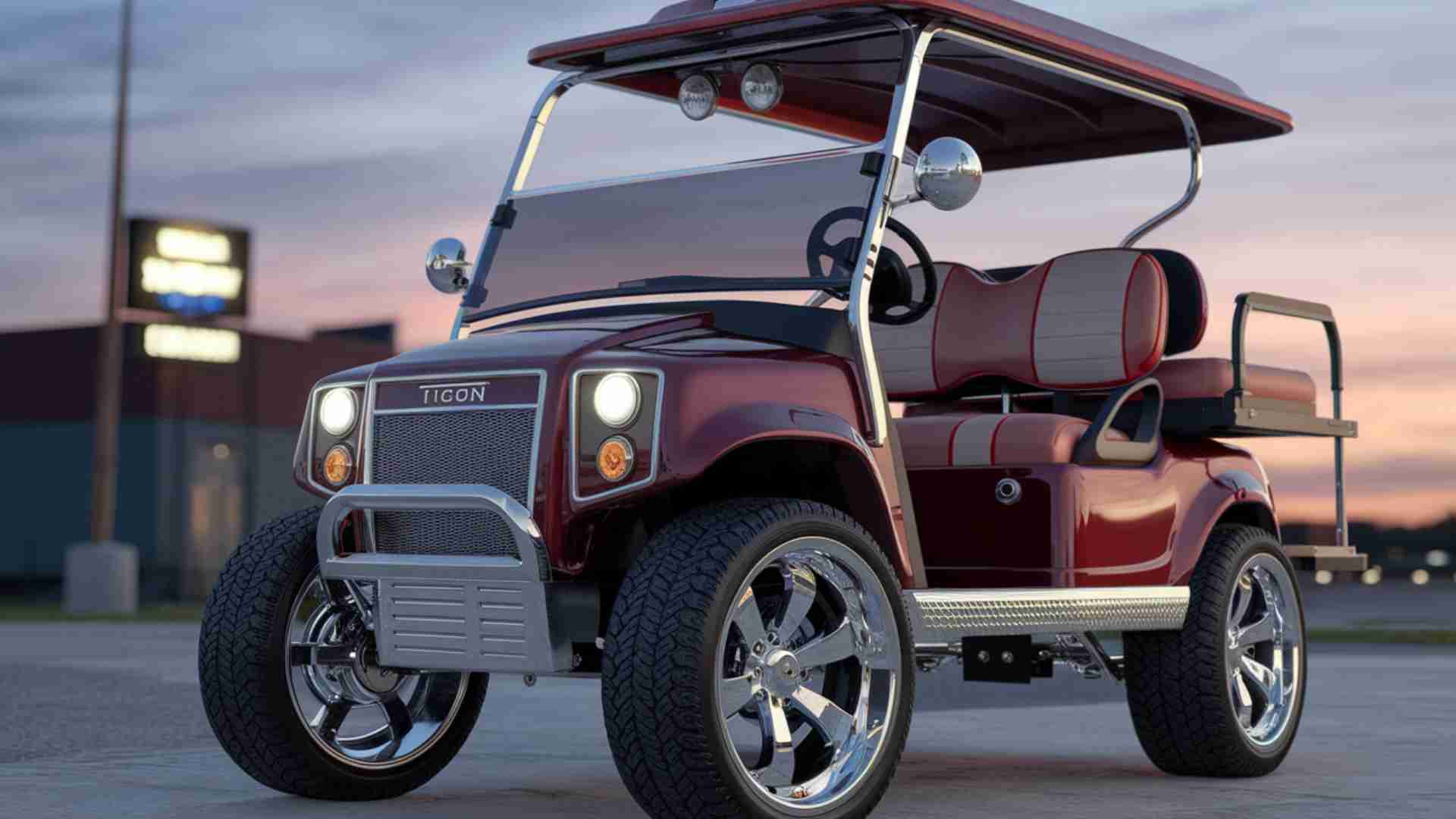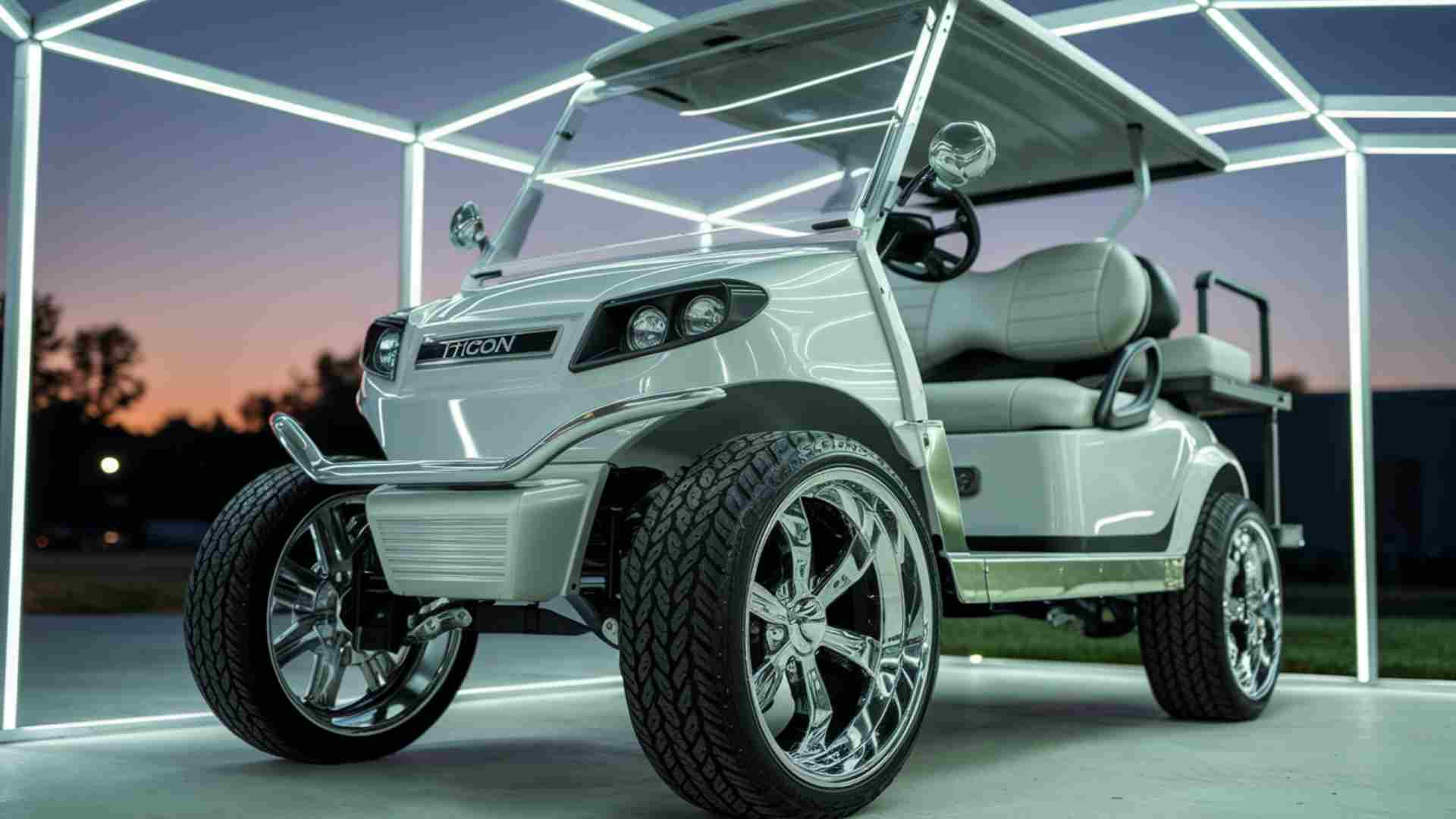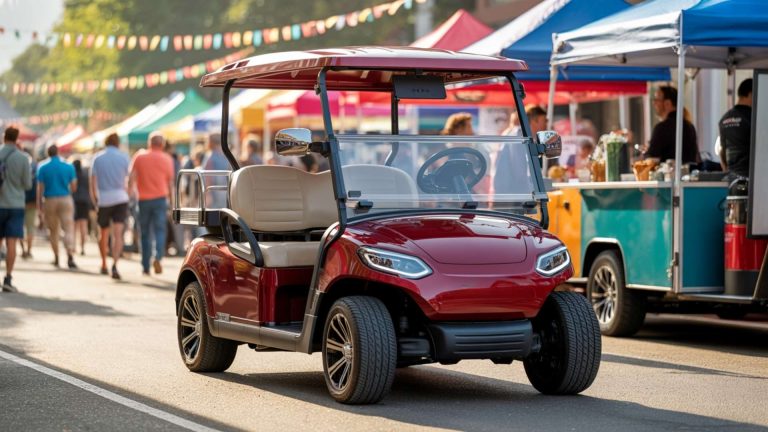
Zero Emission Vehicles (ZEVs): A Guide to Personal Transportation Vehicles (PTVs)
A Guide to Personal Transportation Vehicles that are Zero Emission Vehicles (ZEVs)
Introduction to Zero Emission Vehicles (ZEVs) in Personal Transportation
Zero Emission Vehicles (ZEVs) are becoming increasingly popular, not just in mainstream automobiles but also in golf carts and personal transportation vehicles (PTVs). These electric-powered vehicles are used in communities, golf courses, resorts, and other recreational environments, offering a clean, quiet, and eco-friendly alternative to traditional gas-powered vehicles. Brands like Denago EV, ICON EV, EVolution EV, Swift EV, Epic EV, and Yamaha EV are at the forefront of this movement, producing high-quality, reliable electric vehicles that serve various purposes.
Types of ZEVs in Personal Transportation
Electric Golf Carts
Electric golf carts are one of the most common types of ZEVs in the personal transportation sector. These vehicles are ideal for golf courses, gated communities, and recreational use. Brands like Denago EV and ICON EV offer electric golf carts that not only reduce emissions but also offer smooth, quiet operation, and low maintenance costs compared to gas-powered counterparts.
Personal Transportation Vehicles (PTVs)
PTVs are small electric vehicles used for short-distance travel in neighborhoods, resorts, and commercial environments. PTVs like those from Yamaha EV and Swift EV are designed to meet the needs of individuals looking for an efficient, emission-free way to travel over short distances. These vehicles are ideal for personal use, offering a comfortable and environmentally friendly option for daily commutes within small areas.
Neighborhood Electric Vehicles (NEVs)
Neighborhood Electric Vehicles (NEVs) are a category of ZEVs that are street-legal in many areas with speed limits of 35 mph or less. NEVs like Evolution EV and Epic EV are perfect for eco-conscious communities. These vehicles are equipped with essential safety features like headlights, seat belts, and turn signals, making them suitable for both on-road and off-road use in restricted areas.
How ZEV Golf Carts and Personal Transportation Vehicles Work
Electric golf carts and PTVs operate using electric motors powered by rechargeable batteries, typically lithium-ion or lead-acid. The batteries store energy and power the motor, which drives the wheels. These vehicles typically have regenerative braking systems, which help recharge the battery as the vehicle slows down, extending the vehicle’s range.
Leading brands such as Yamaha EV and Epic EV design vehicles with powerful, efficient motors and long-lasting batteries, ensuring minimal maintenance while offering a smooth, quiet ride. Charging these vehicles is simple, usually requiring just a standard electric outlet or a dedicated charging station.
Benefits of Zero Emission Golf Carts and PTVs
Environmental Impact: Reducing Carbon Footprint
Switching to ZEV golf carts and personal transportation vehicles from traditional gas-powered models significantly reduces greenhouse gas emissions. By using electric power, vehicles like ICON EV and Swift EV eliminate the production of harmful pollutants that contribute to climate change and poor air quality.
Low Operating Costs
Electric golf carts and PTVs offer lower operational costs due to reduced fuel consumption and fewer maintenance needs. Brands like Denago EV and Evolution EV design their vehicles to have fewer moving parts, which means less wear and tear over time, saving owners money on maintenance and fuel.
Noise Reduction
Electric vehicles are much quieter than their gas-powered counterparts, making them ideal for use in noise-sensitive areas such as residential neighborhoods, golf courses, and resorts. Brands like Yamaha EV and Epic EV offer silent operation, ensuring minimal disruption in peaceful environments.
Popular ZEV Golf Cart and PTV Brands
Denago EV
Denago EV produces high-performance electric golf carts and personal transportation vehicles. Known for their sleek design, durability, and smooth handling, Denago EV carts are ideal for eco-conscious users looking for reliable, long-lasting electric vehicles.
ICON EV
ICON EV is a leader in the electric golf cart industry, offering a range of customizable, street-legal vehicles. ICON EV carts are popular in gated communities, resorts, and commercial settings for their powerful electric motors, stylish designs, and enhanced safety features.
Evolution EV
Evolution EV focuses on high-end electric golf carts and PTVs, providing luxurious options with modern technology and features. These vehicles are ideal for users looking for comfort, style, and zero emissions in a sleek package. Evolution EV carts often come equipped with advanced batteries that offer longer range and faster charging times.
Swift EV
Swift EV offers practical, efficient electric vehicles perfect for personal transportation. Swift EV carts are known for their reliability and durability, making them a great choice for daily commuting within neighborhoods and recreational areas. Their user-friendly designs ensure easy operation and maintenance.
Epic EV
Epic EV specializes in street-legal NEVs that are perfect for eco-conscious drivers in residential areas. With top-of-the-line features like LED lighting, premium seating, and safety enhancements, Epic EV is a top choice for those seeking performance and environmental responsibility.
Yamaha EV
Yamaha EV is a well-established brand in the electric golf cart market, offering a wide range of electric vehicles for personal use. Yamaha EV carts are known for their durability, reliability, and advanced battery technology, making them ideal for golf courses, neighborhoods, and commercial applications.
Challenges Facing ZEV Adoption in Golf Carts and PTVs
Initial Purchase Cost
While the operating costs of electric golf carts and PTVs are lower, the initial purchase price is often higher than gas-powered alternatives. Brands like Denago EV and Evolution EV offer premium features, which can make the upfront cost an investment. However, long-term savings on fuel and maintenance can offset these costs over time.
Charging Infrastructure
The availability of charging stations can be a concern, especially in areas without dedicated electric vehicle infrastructure. Most electric golf carts and PTVs can be charged using standard outlets, but faster charging options may require additional equipment or infrastructure, which can be limiting in some areas.
Range Limitations
Range anxiety, or concerns about how far a vehicle can travel on a single charge, is another common issue. While modern electric golf carts from Swift EV and Epic EV offer impressive ranges, they may still be limited compared to gas-powered carts, particularly when used for extended outings or in hilly terrains.
Future of ZEV Golf Carts and Personal Transportation Vehicles
The future of electric golf carts and PTVs looks bright, with ongoing advancements in battery technology, charging infrastructure, and vehicle design. Brands like ICON EV, Yamaha EV, and Denago EV continue to push the envelope, developing more efficient, powerful, and stylish electric vehicles for personal use.
As the world moves toward greater sustainability, the demand for zero-emission transportation will only increase. Electric golf carts and PTVs will play a crucial role in this transition, offering a clean, efficient, and enjoyable way to travel in local environments.
Zero Emission Vehicles, especially electric golf carts and personal transportation vehicles, are transforming the way people move in local environments. Brands like Denago EV, ICON EV, Evolution EV, Swift EV, Epic EV, and Yamaha EV are leading the charge with their innovative, eco-friendly designs.
These vehicles offer numerous benefits, including reduced environmental impact, lower operational costs, and a quieter driving experience. Despite some challenges, such as upfront costs and limited range, the future of ZEVs in personal transportation looks promising as technology continues to evolve.
GET THE GOLF CART LSV AT THE RIGHT PRICE!
Tigon Golf Carts proudly offers 0% Vehicle Financing, making it easier than ever to own your dream golf cart. With flexible payment options and competitive rates, we ensure that Upgrading or Purchasing for the first time is not only exciting but also financially feasible for our customers, allowing you to hit the road in style without breaking the bank.





















